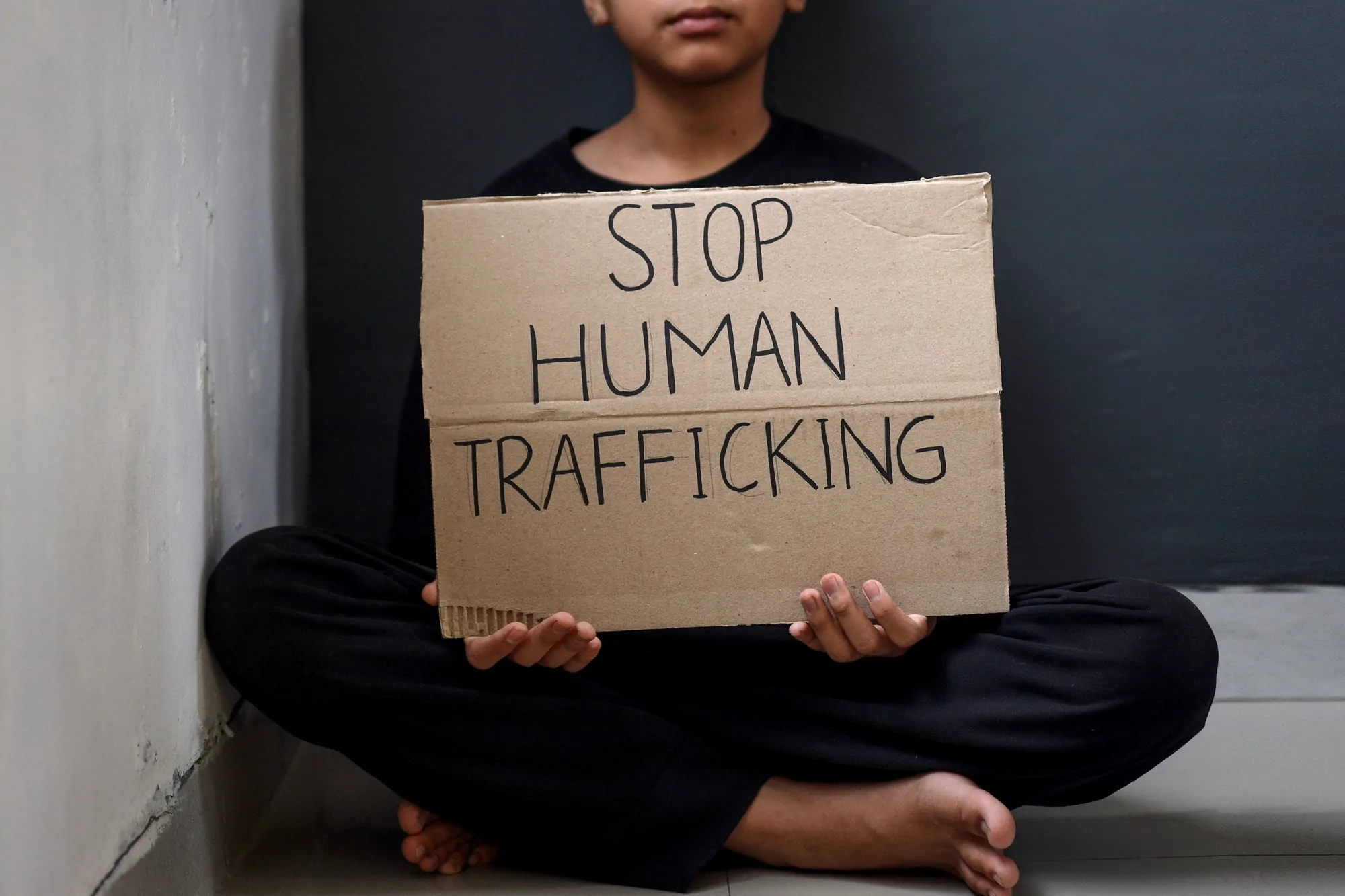
Federal Operation Targets Nebraska Human Trafficking Ring at Area Hotels: What Happened—and What It Means for Hotels
Table of Contents
TogglePublished: 12 August 2025 • Source: U.S. Department of Justice – District of Nebraska
TL;DR: Federal agents executed early-morning search warrants across the Omaha metro and central Nebraska, charging five individuals by criminal complaint in an alleged scheme involving labor trafficking (including minors), sex trafficking, harboring of non-citizens, drug activity, and related fraud. Ten minors and 17 adults were rescued; cash and assets were seized; and notices were filed to restrict transfers of implicated hotel properties while the investigation proceeds. All defendants are presumed innocent unless and until proven guilty. See the official release here.
What Happened (DOJ Summary)
Where warrants were executed
- AmericInn — 2920 S 13 Ct., Omaha
- The Inn (formerly Super 8) — 9305 S 145th St., Omaha
- New Victorian — 10728 L St., Omaha
- Roadway Inn — 1110 Fort Crook Rd S, Bellevue
Full details in the press release.
Who was charged (by complaint)
- Kentakumar “Ken” Chaudhari (36, Elkhorn)
- Rashmi Ajit “Falguni” Samani (42, Elkhorn)
- Amit Prahladbhai “Amit” Chaudhari (32, Omaha)
- Amit Babubhai “Matt” Chaudhari (33, Omaha)
- Maheshkumar “Mahesh” Chaudhari (38, Norfolk)
Note: Criminal complaints are accusations; the defendants are presumed innocent unless proven guilty (per the DOJ release).
Victims Rescued
Agents rescued 10 minors (allegedly under age 12) and 17 adults from an alleged labour-trafficking conspiracy. The complaint describes unsafe, unclean lodging and exploitative working conditions for little to no pay. Read the description in the DOJ affidavit summary.
Other Key Allegations
- Sex trafficking of minors and adults allegedly permitted and protected on hotel premises, with some staff implicated in victimization (see DOJ).
- Drug activity at the properties, including overdoses; one front desk reportedly kept Narcan on hand (source).
- U-visa fraud & ID schemes, including a staged 2022 robbery to obtain a fraudulent U visa and transporting non-citizens to Washington for driver’s licences (details).
Why This Matters for Hotels (Even If You Weren’t Raided)
1) Property Forfeiture & “Clouded” Title
If prosecutors secure convictions under federal trafficking statutes, property “used to commit or facilitate” the offense—and proceeds—can be forfeited under 18 U.S.C. § 1594, which can freeze equity and derail sales/refinancing. The DOJ also filed notices to restrict transfers while the investigation continues (release).
2) Civil Lawsuits Under TVPRA (§ 1595)
Victims can sue entities that knowingly benefit from a trafficking venture they knew or should have known about. Hotels are frequent targets, and documentation of due diligence (training records, incident logs, reporting) is crucial. See the statute: 18 U.S.C. § 1595.
3) Multi-Agency Scrutiny Is Rising
The FBI framed the takedown as part of a broader surge with state/local partners—expect more coordinated checks and follow-ups. Learn about FBI Omaha’s initiatives here.
Related reading: Many properties nationwide are already facing litigation. See Hotels Being Sued for Human Trafficking in 2025 for patterns and risk factors to address.
Proactive Playbook: How Hotels Can Reduce Risk Today
Adopt a Victim-Centred SOP + Train Everyone
- Use the DHS Blue Campaign hospitality toolkits (2025) for indicators, role-based guidance, and reporting steps; maintain signed training logs.
- Post the National Human Trafficking Hotline (1-888-373-7888 / text 233733) and your internal escalation flow in back-of-house areas.
Implement Strong ID Scanning to Deter and Document
ID Scanning at check-in is a practical, proactive control that makes it harder for traffickers to operate and gives your team an audit trail that supports investigations and chargeback defence. A scan-to-PMS workflow with image retention, time stamps, and Do-Not-Rent alerts helps identify repeat offenders, surface suspicious patterns (e.g., frequent visitors to one room), and provides evidence when law enforcement requests records. Consider rolling this out property-wide to strengthen compliance and reduce human error at the desk. Learn more about solutions at Guest Ban.
Tighten Front- and Back-of-House Controls
- Watch for red flags: cash-only rentals, extended “do not disturb,” high visitor churn to a single room, minors without guardians, blocked housekeeping access.
- Require periodic welfare checks per policy; ensure CCTV coverage of risk areas and retain logs.
- Vet on-premises vendors/shops (e.g., salons) with clear conduct clauses and termination rights.
Document Diligence
- Maintain written SOPs for ID verification, minors policy, incident reporting, vendor screening, and escalation to law enforcement/Hotline—and follow them consistently.
- Preserve evidence: CCTV, door-lock audits, PMS/folio data, staff rosters, and incident notes.
Key Quotes (Paraphrased)
- U.S. Attorney Lesley A. Woods emphasised a joint effort to “seek it, find it, root it out,” pledging a victim-centred approach (source).
- FBI leadership described trafficking as “modern-day slavery” and underscored a renewed surge in enforcement activity (DOJ release).
FAQs
Are the named individuals convicted?
No. A criminal complaint is a charging document, not a conviction. The defendants are presumed innocent unless and until proven guilty. See the DOJ announcement.
Can the government take a hotel used in trafficking?
Yes, upon conviction and the required nexus, property “used to commit or facilitate” the offense (and proceeds) can be forfeited under 18 U.S.C. § 1594.
Can hotels be sued even if they didn’t “know”?
Under 18 U.S.C. § 1595, plaintiffs can sue entities that knowingly benefit from a trafficking venture they knew or should have known about. Courts examine policies, training, documentation, and response to red flags.
How should staff report suspicions?
Follow your SOP. If anyone is in immediate danger, call 911. For tips/non-emergencies, contact the National Human Trafficking Hotline (1-888-373-7888 / text 233733) and coordinate with local law enforcement per DHS Blue Campaign guidance.
Disclaimer: This article summarises publicly available information for awareness and compliance planning. It is not legal advice.
